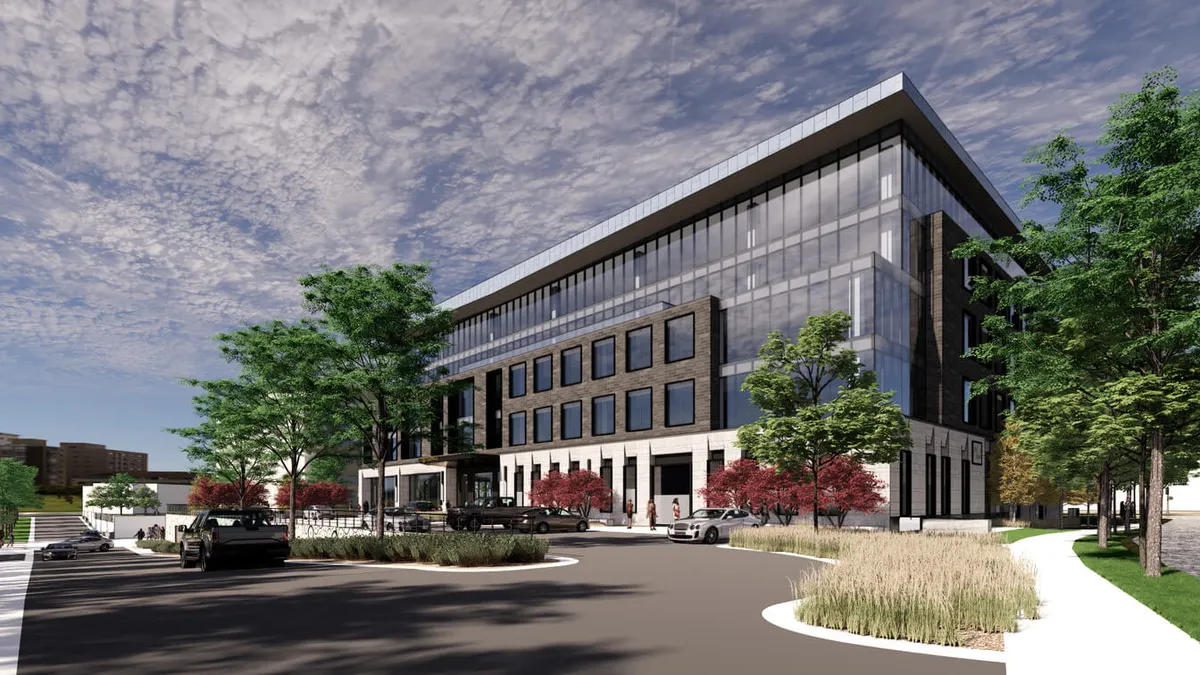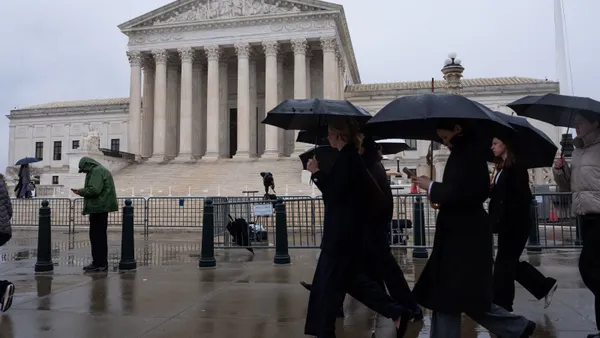Dive Brief:
-
Josh Lehner, Oregon state economist, expects the number of renters within the state to decline over the long term in favor of more single-family homeowners, the Portland Tribune reported.
-
A key driver of the housing shift in the Portland metro area will be more millennials starting families, he said during a conference hosted by the Metro Portland Home Builders Association, noting that developers are having difficulty keeping pace due to a shortage of buildable lots and tight loan financing.
-
The lack of places to build due to restrictions within the urban growth boundary remains a concern. Conference-goers said some of the development will likely come in the form of duplexes, triplexes, accessory dwelling units (ADUs), small apartments and cottage clusters in existing neighborhoods, which will require rezoning.
Dive Insight:
Indeed, the housing market for first-time buyers in Portland is tough at the moment, largely due to low inventory, The Oregonian noted. Zillow data show that 61% of the current housing stock in the city is within reach of those making the area’s median income. Like other places in the country, existing owners of starter homes are slow to move up, which is driving prices for those homes higher and keeping many first-timers out.
Things aren’t much better for new-home builders, The Oregonian reported in a separate article. Increasing development fees alongside already high land, labor and material costs are creating challenging business conditions for builders trying to fill the void of starter homes. In some cases, multifamily developers are meeting demand by shifting projects originally planned as apartments into condos. The city is also loosening restrictions on non-single-family development.
Portland faces a shortage of affordable housing, too — more than 23,000 units as of November 2016. While the city recently approved a $258.4 million bond to build 1,300 units, those will not be ready for a few years, at least. In the meantime, the city is piloting a project to build tiny house ADUs in residential backyards in exchange for the owners housing a homeless family there for up to five years.














